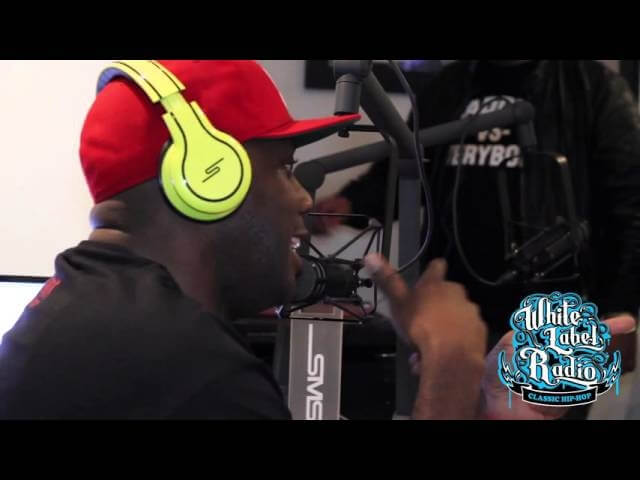R.I.P. Jerry Heller, former manager of N.W.A.

Jerry Heller, a manager and record label founder who helped kick off the West Coast rap movement, has died. Heller—who served as the manager of N.W.A. for the entirety of its initial five-year run, and who co-founded Ruthless Records with Eazy-E—was 75.
Heller broke into management in the ’60s and ’70s, when his Heller-Fischel Agency represented a wide swathe of the most popular bands of the day, including Journey, Black Sabbath, The Who, REO Speedwagon, Grand Funk Railroad, and numerous others.
In the 1980s, Heller moved into the world of rap and hip-hop, representing groups like World Class Wreckin’ Cru and C.I.A., whose members included future N.W.A. performers Dr. Dre, DJ Yella, and Ice Cube. After meeting Eric “Eazy-E” Wright in the late ’80s, Heller went on to serve as manager to the growing N.W.A., a role he’d stay in until the group dissolved from internal pressures—many of them laid at Heller’s feet—in 1991. Meanwhile, Ruthless Records released six platinum-selling albums in just a three year span, including N.W.A.’s Straight Outta Compton and Niggaz4Life.
Heller was portrayed by Paul Giamatti in Straight Outta Compton, F. Gary Gray’s biopic version of the N.W.A. story. He later attempted to sue the producers of the film over its villainous depiction of him, and its allegations that he underpaid the band’s members and embezzled money from Ruthless, leading to his eventual firing by Eazy-E. Most of Heller’s claims were eventually thrown out of court—with a judge pointing to similar corroborating events in Heller’s own memoir, Ruthless—although one was still being considered when he died last night.
Despite the accusations of shady business practices, Heller was still an influential figure in the birth of West Coast rap, standing up for his artists as they battled censors and moral guardians and struggled to introduce a new, grittier aesthetic to the rap world. Even Ice Cube—who ripped Heller apart on the diss track “No Vaseline” after his departure from the group over contract negotiations—acknowledged that Heller was a “champion” for the group against outside forces. “I just didn’t like how he dealt with us internally,” he told reporters, shortly before Straight Outta Compton’s release.